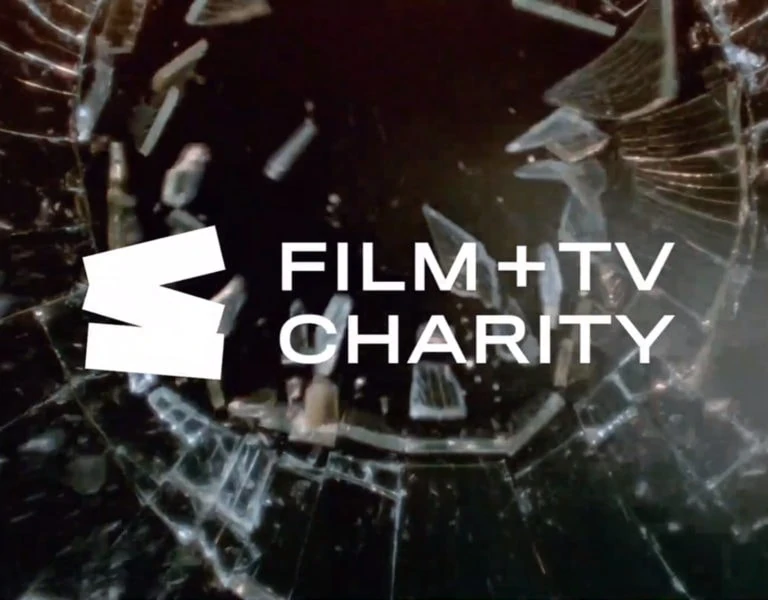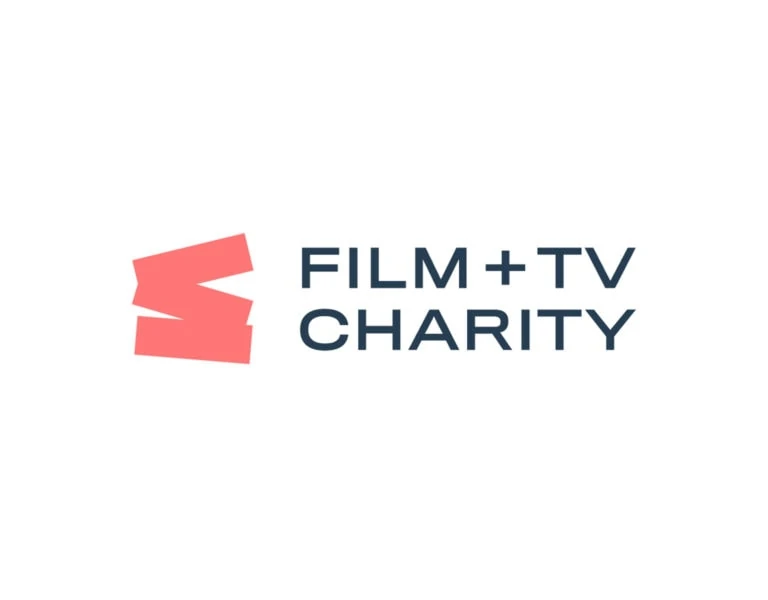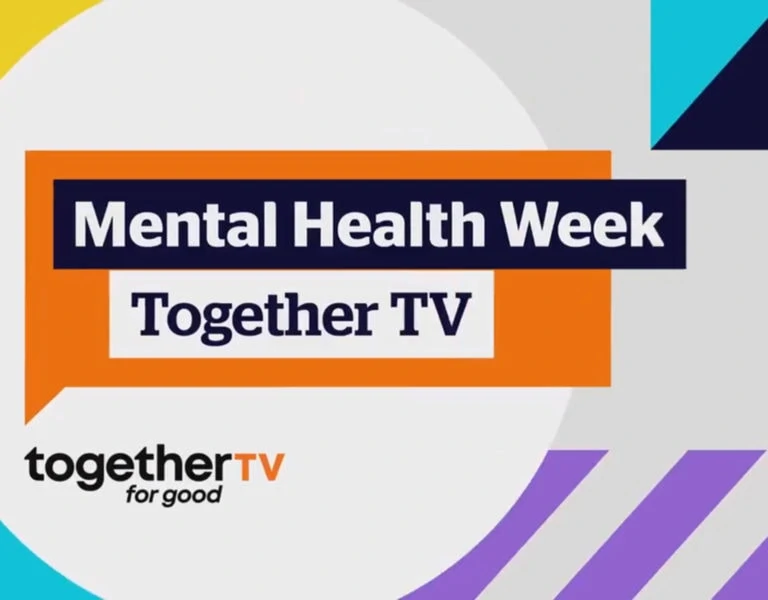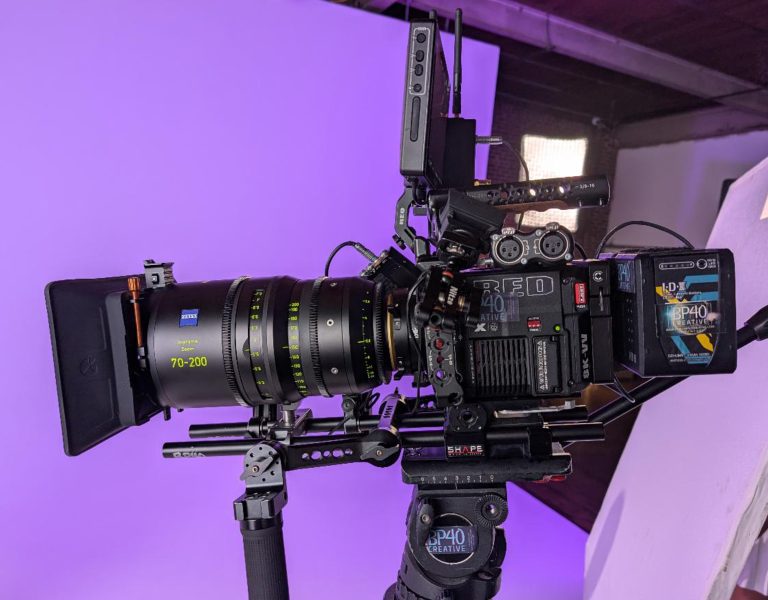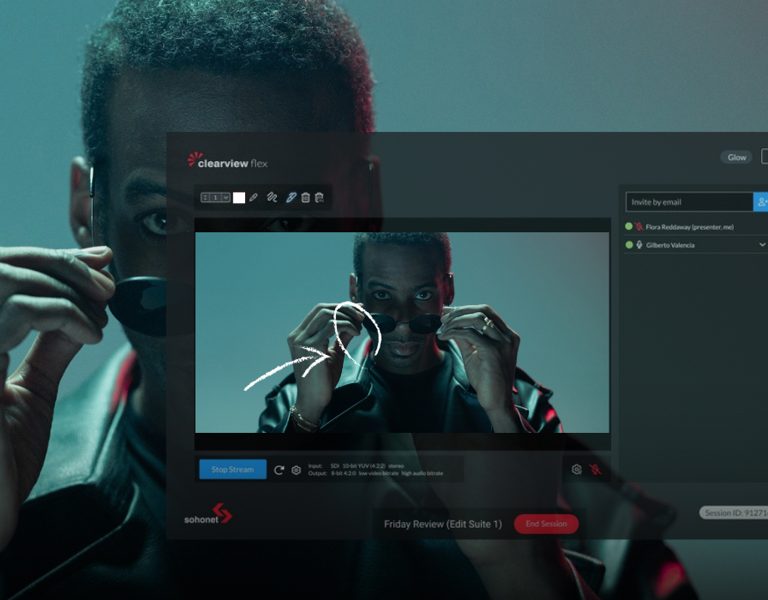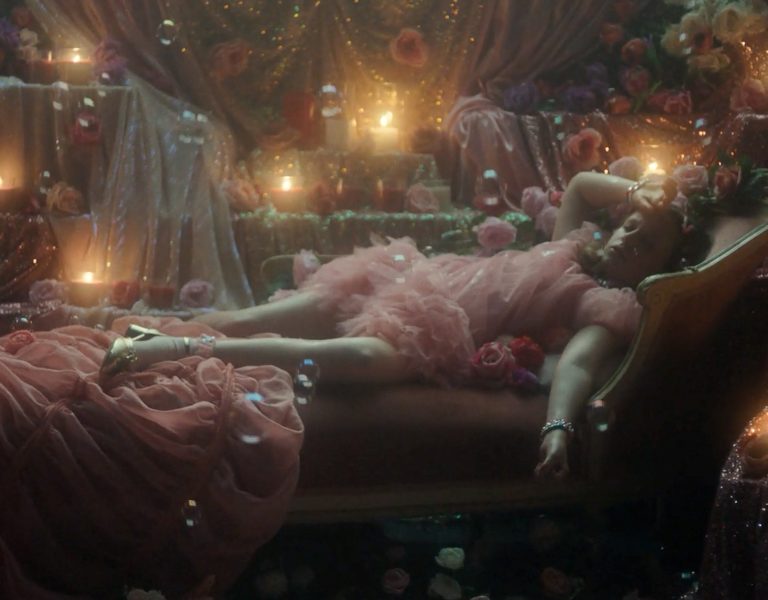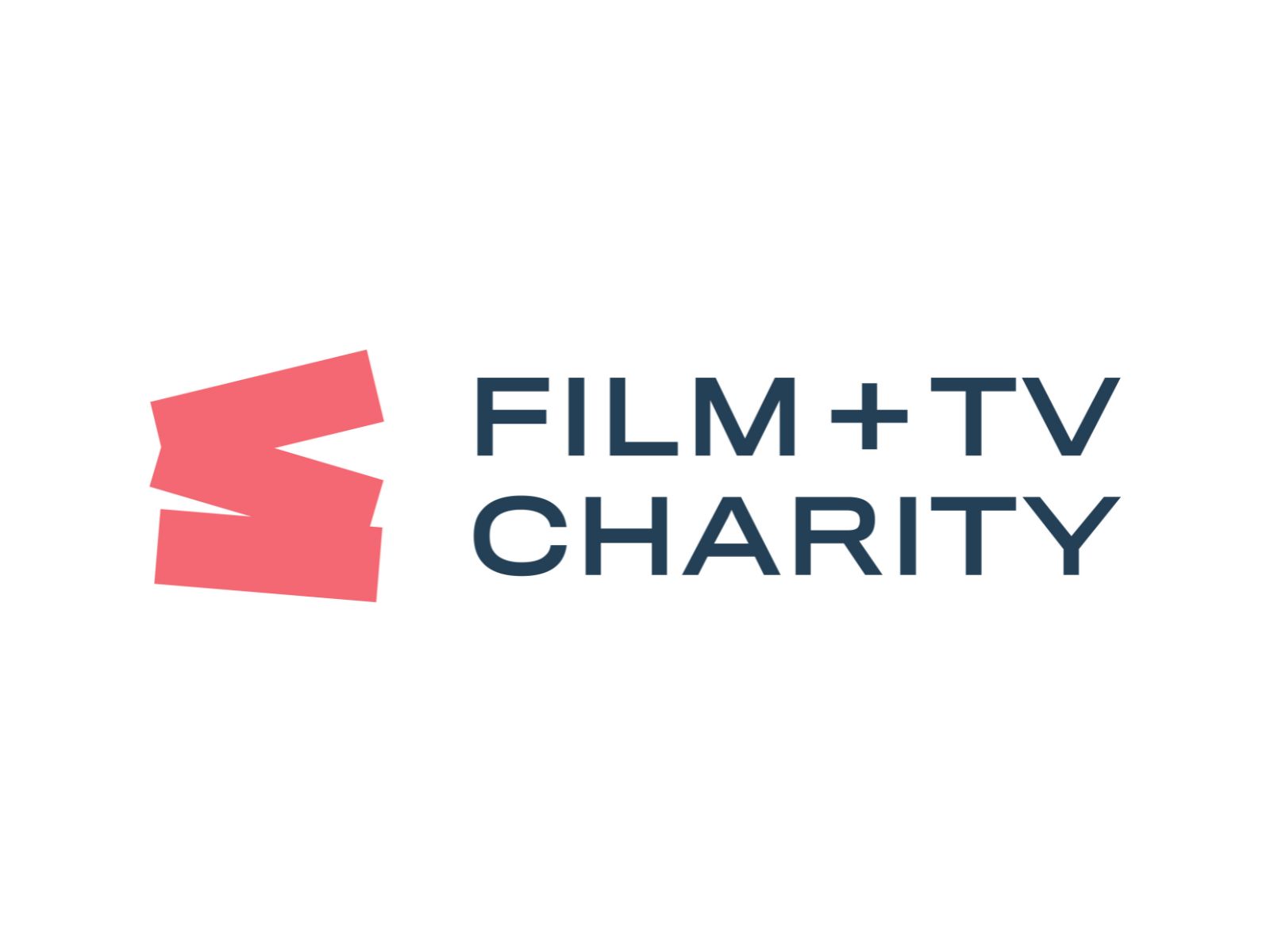
With more than 4,300 film, TV, and cinema workers responding to its 2024 Looking Glass Survey over the summer, the Film and TV Charity has released headline data that shows mental health is worsening for many when measured against the 2022 survey.
The 2024 survey – the industry’s biggest and most robust dataset on this topic – reveals that 35% of respondents describe their mental health as ‘poor’ or ‘very poor’, a marked increase from 24% in 2022. Shockingly, the prevalence of suicidal thoughts is also alarmingly high with 30% of respondents experiencing such thoughts over the past 12 months.
Detailed analysis of survey responses is currently underway ahead of the publication of the full report in early 2025, but survey responses indicate that the current climate across the industry, linked to the fact that many are feeling an acute sense of precarity in their roles, may be contributing to the deterioration in the mental health of industry workers.
The survey results also indicate that issues remain with the industry’s culture, conditions of work, and its capability to support workers’ mental health. Consistent with previous Looking Glass research, only 12% of those surveyed felt that the industry is a mentally healthy place to work, while 63% say that their work in the industry has a negative effect on their mental health. Many workers are also looking to leave the industry, with 64% having considered leaving over the past 12 months due to concerns about their mental health – an increase from 60% in 2022. 32% of those surveyed have gone so far as to take practical steps to leave such as applying for jobs elsewhere or meeting with recruitment consultants.
On a more positive note, the 2024 Looking Glass Survey showed that respondents who had worked on a production utilising the Charity’s Whole Picture Toolkit for mentally healthy productions gave better ratings for their mental health and had a higher awareness of good practices and of the support services available to them.
With the clear evidence that mental health continues to be a fundamental and damaging issue for too many workers in the film, TV, and cinema industry, the Charity is announcing that it is building on the success of the Whole Picture Toolkit, to bring about real change and to enable more widespread support for mental health on productions.
To achieve this, the Charity is working closely with major players across the industry to develop and agree a comprehensive set of pan-industry standards which outline the core actions any production would need to take to ensure support for mental health is positively and routinely embedded in all productions.
Leading on the strategy and delivery of the new work, which will also see the evolution of the Whole Picture Toolkit into a new product to support adherence to the new standards, will be Anna Mishcon, Head of Programme Delivery, Mentally Healthy Productions (previously Toolkit Executive) and Andy Glynne, Head of Programme Development, Mentally Healthy Productions. Andy previously led on the development of the Whole Picture Toolkit during its initial launch as part of the Whole Picture Programme, itself a response to the results of the first Looking Glass Survey in 2019. While the Charity and its partners continue to develop the new standards, the existing Whole Picture Toolkit and its engagement team will continue to provide support for all productions that want to engage.
Marcus Ryder, CEO at the Film and TV Charity said: “Across previous iterations of the Looking Glass Survey, we have consistently identified how prevalent poor mental health is right across the industry. The early headlines from our 2024 survey are remarkably consistent – somewhat positive given the various crises that have hit the sector in recent years, but far more a cause of great concern that things are not improving quickly enough. While the Charity continues to provide invaluable in-the-moment support for anyone experiencing poor mental health it’s evident that, collectively, the industry needs to grip the root causes far more robustly than it has so far managed to do. So, it is our hope that, by building on the success of the Whole Picture Toolkit, by working with stakeholders to develop pan-industry standards, and by providing the tools and resources to support their implementation, we can start to properly address one of the most pernicious issues our creative sector faces. We know our workforce is the best in the world – imagine what the industry can achieve if they are also the best looked after in the world.”
Organisations that have signed up to support the development of pan-industry standards include: All3Media, Apple TV+, BAFTA, Banijay, BBC, BBC Studios, Channel 4, Creative Diversity Network, Disney+ UK, Fremantle, IMG Productions, ITV, Paramount, ScreenSkills, Sky, Sony Pictures Television, UKTV, and Warner Bros Discovery.
The Charity has also confirmed that it will be working closely with the newly formed Action for Freelancers to develop the standards, as well as by providing expertise and guidance on mental health to help support the aims of the group. Commenting on the announcement, Action for Freelancers said: “Mental health and wellbeing are absolutely core elements in Action for Freelancers’ response to the issues facing freelancers today, so we’re pleased that the Film and TV Charity will be central in helping to decide upon and take action. It’s essential that freelancers receive the support and resources they need to protect their wellbeing. By developing industry-wide mental health standards together, we can reduce duplication, communicate more clearly, and create a safer, more supportive working environment for everyone.”




